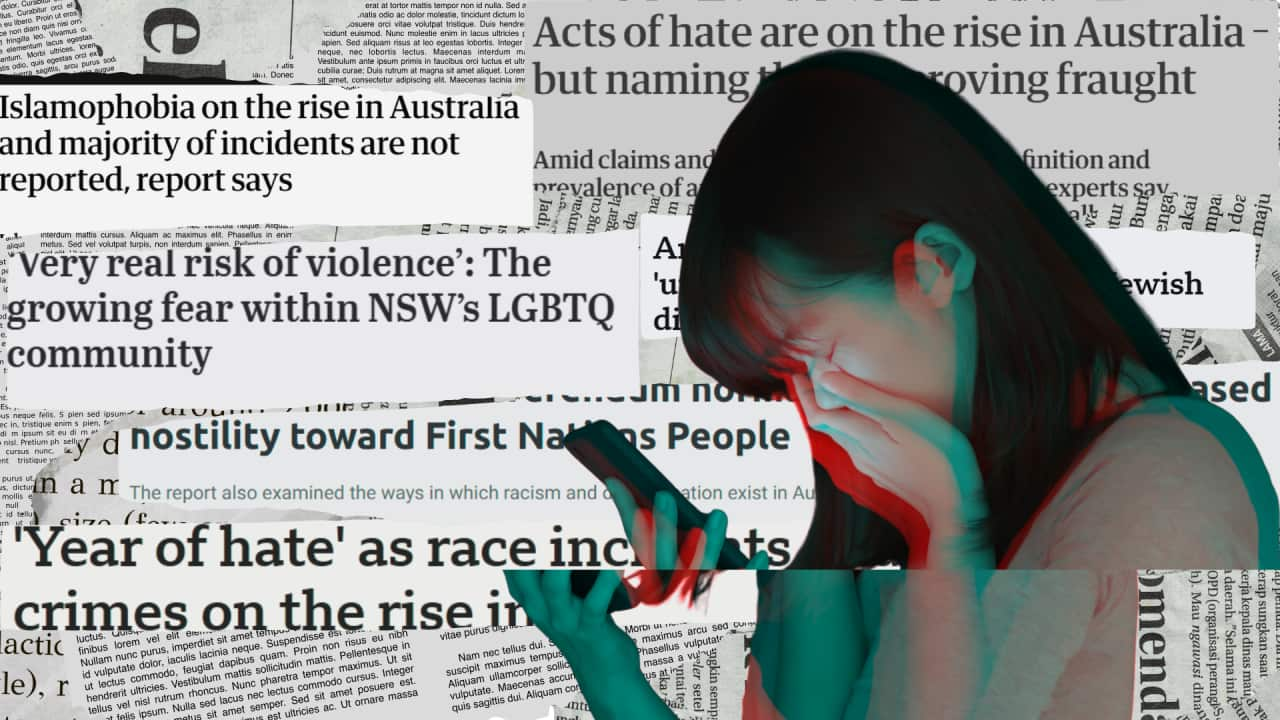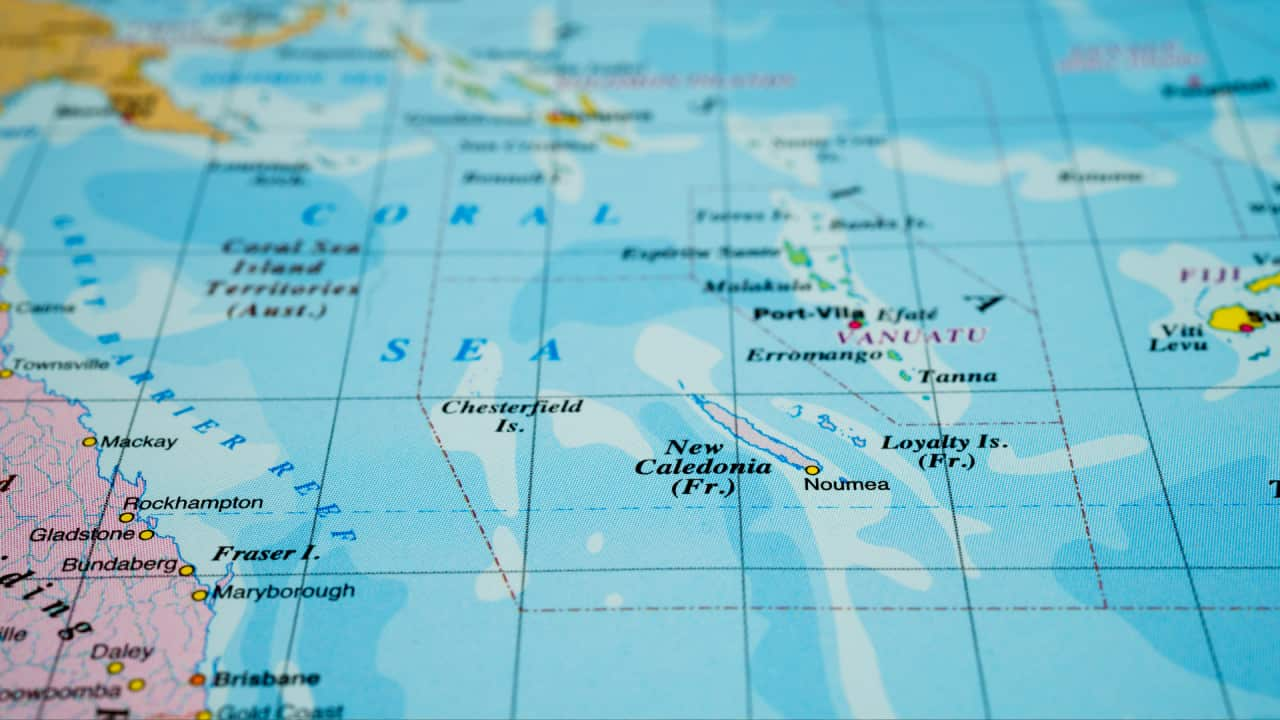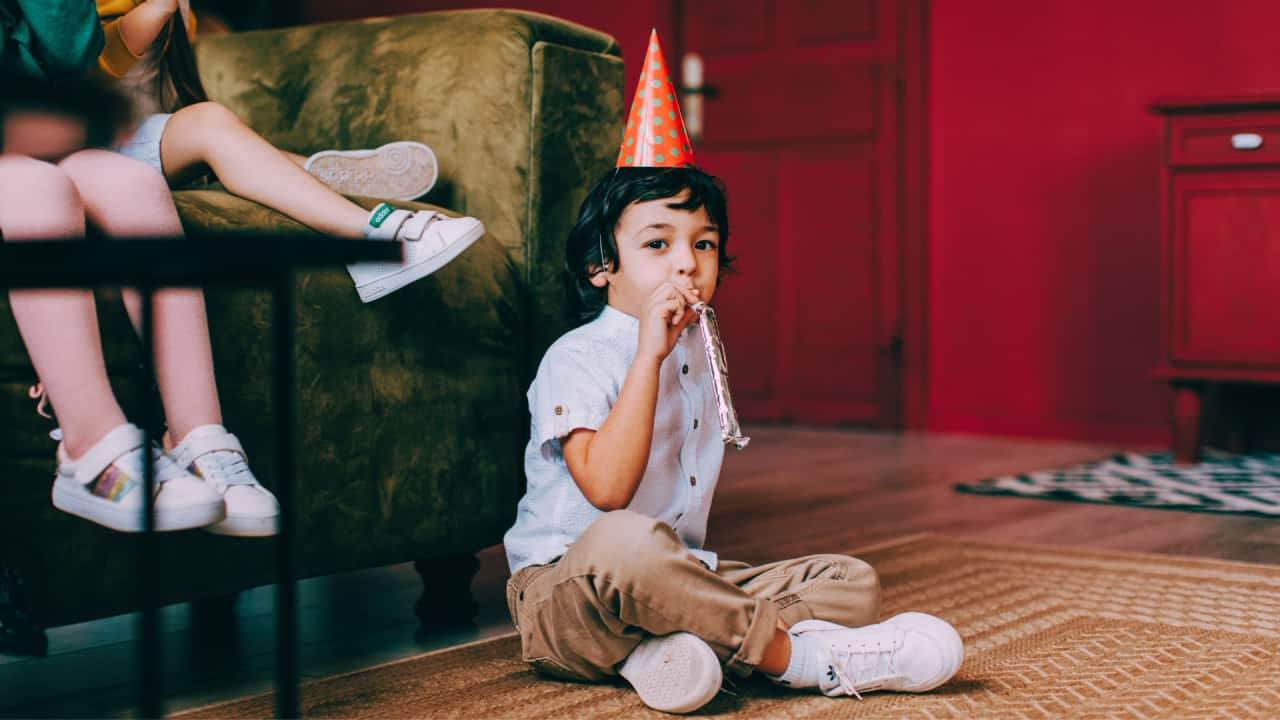SBS Examines has heard from a range of organisations which collect and report data reflecting Australia's state of social cohesion.
There's been a clear rise in reported incidents of hatred, including verbal and physical abuse.
Professor Nick Haslam, a psychologist from the University of Melbourne, told SBS Examines "people differ a lot in what they define as being hateful."
"For instance, some people are much more likely to see the use of racial slurs as being intrinsically hateful and violent, other people less. So there's a huge amount of disagreement about what sort of speech qualifies as hateful or not hateful."
Increased awareness and understanding about hate speech could be one reason why we’re seeing more reports.
But there’s another factor making a huge impact.
Online abuse has rapidly proliferated, with experts calling for social media companies to do more to stop the deliberate spread of hate on their platforms.
Associate Professor Matteo Vergani, sociologist and director of the Tackling Hate Lab, said online hate has real world implications.
It's changing norms. I think we are witnessing a cultural change, because society is fragmenting.
"People are exposing themselves more and more, especially online, to groups that normalise hate and polarise opinions," he said.
This episode of Understanding Hate looks at some of the reasons for rising reports of hatred in Australia.




